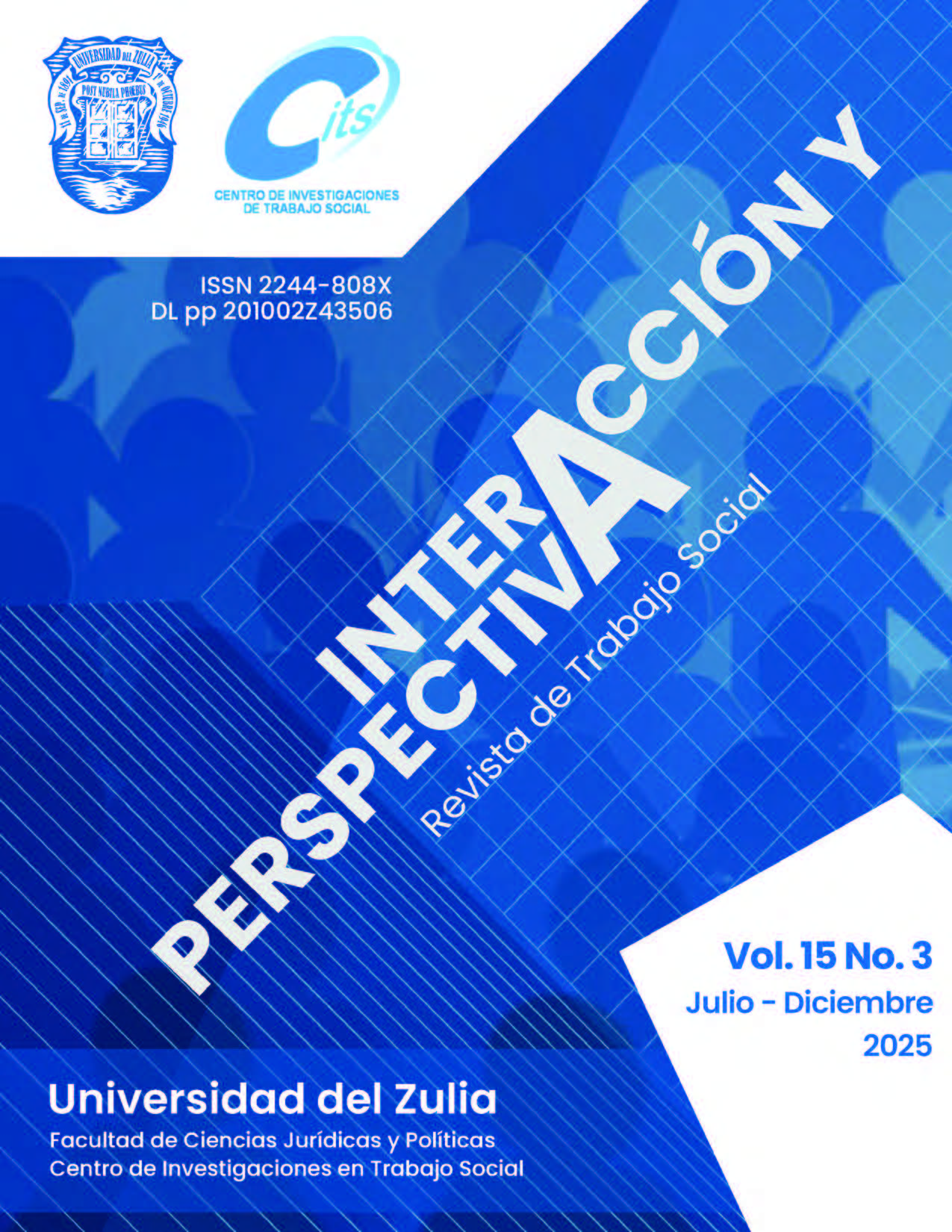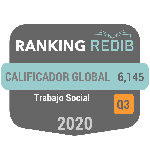The transformation of family role in the modern socio- cultural space
Abstract
The evolution of the perception of family values among modern youth in the sociocultural space is described. It examines how contemporary social influences, including secular education and consumerist culture, affect attitudes toward family formation, its functions, and responsibilities. An empirical research method was employed through an online survey distributed to 380 students from Moscow Polytechnic University. It was structured into three thematic blocks: (1) conceptual understanding of the family and value orientations, (2) individual family situations of the respondents, and (3) family traditions and attitudes toward divorce. The results reveal that, despite dominant individualistic and consumerist trends, 82.6% of respondents still consider family formation a central life goal. The perception of family structure has changed, and only 69.8% affirm the need for a two-parent household. A notable percentage prioritizes professional careers and personal fulfillment over early marriage, and many delay family formation until a later age. The study highlights concern about rising divorce rates, citing lack of mutual understanding (73.6%) and infidelity (11.5%) as the main causes. The results allow for a broad understanding of family dynamics and the challenges facing social cohesion, providing relevant insights for social work and interdisciplinary studies on family stability and the preservation of values.
Downloads
References
Afanasyeva, A. B. (2005). Child in a peasant and urban family in the aspect of ethnocultural traditions. In: Sultanov, K. V. (Ed.) Childhood and society: Sociocultural context. Proceedings of the XII International Conference “Child in the modern world. Family and children” (pp. 207- 213). St. Petersburg: St. Petersburg State Polytechnical University.
Agre, N., Lykova, I., Mayer, A., & Mashkova, D. (2023). “Methods for the study of family up-bringing traditions in teaching preschool children”. Nuances: Estudos Sobre Educação, 34(00), e023009. https://doi.org/10.32930/nuances.v34i00.10182
Eromasova, A. A. (2016). The danger and safety of national spiritual traditions in the family. In: Delova, A. Yu., Borodulin, D. A. (Comp.) Sakhalin Cyril and Methodius Readings: On the 155th anniversary of the visit of Saint Innocent (Veniaminov) to Sakhalin. Proceedings of the regional scientific and practical conference: Collection of reports (pp. 26-28). Izhevsk: OOO Print-2.
Gvozd, S. A., & Semkina, I. A. (2021). The danger and safety of national spiritual traditions in the family. In: Improving the quality of professional training of specialists in the social and educational spheres. Collection of scientific articles (pp. 112-116). Vitebsk: Vitebsk State University named after P.M. Masherov.
Kabanova, K. V. (2024). Family traditions as a socio-cultural practice of counteracting destructive social manipulations in a young family. In: Young family in the views of modern youth. collection of materials of the All-Russian scientific conference (pp. 123-128). Ivanovo: Ivanovo State University.
Khasbulatova, Z.I., & Isakieva, Z. S. (2012). “The Role of the Family in the Process of Spiritual and Moral Education and Transmission of Cultural Traditions to Young People”. History of Science and Technology, 7, 186-190.
Kirillova, E., Tkachev, V., Kovaleva, O., Telegin, R., & Timkin, A. (2025). Principles of using mediation platforms based on artificial intelligence in resolving family disputes. Interacción Y Perspectiva, 15(1), 67-74. https://doi.org/10.5281/zenodo.14031006
Kozyrev, F. N. (2008). Marriage and Family in the Orthodox Tradition. Moscow: Eksmo.
Krechetova, G. A. (2020). Ethnocultural traditions as a fundamental element of spiritual and moral education in the family. In: Arsaliev, Sh. M. Kh., Alikhanova, R. A. (Eds.) Family of the XXI century: Problems and prospects. Proceedings of the All-Russian scientific and practical conference with international participation dedicated to the 75th anniversary of the Victory in the Great Patriotic War and the 40th anniversary of the Federal State Budgetary Educational Institution of Higher Education “ChSPU” (pp. 215-220). Grozny: Chechen State Pedagogical University.
Kulakovskaya-Dyakonova, A. Z. (2016). “Ethnopedagogical traditions in increasing the pedagogical potential of the family”. Pedagogical education in Russia, 1, 179-182.
Lykova, I., Mayer, A., Shestakova, O., & Voinova, A. (2023). “Developing A Diagnostic Complex for the Study of Family Upbringing Traditions”. Revista on Line de Política E Gestão Educacional, 27(00), e023068. https://doi.org/10.22633/rpge.v27i00.18802
Lyubavina, N. V., & Belova, Yu. A. (2020). “Family Traditions in the Context of the Transformation of the Family Institution: A Comparative Analysis of the Opinions of the Older and Younger Generations”. Humanitarian Balkan Studies, 4 (3(9), 59-63.
Mindibekova, E. I. (2016). Family in the system of factors ensuring gender socialization of youth: Traditions of the ethnic group and the realities of life. In: Ekeeva, E. V. (Ed.) Pedagogy of love: Proceedings of the Interregional scientific and practical conference “X Volkov ethnopedagogical readings” (pp. 42-44). Gorno-Altaisk: Gorno-Altaisk State University.
Mokhov, A., Svirin, Y., Sorokin, V., Artyukhov, E., & PekshevA. (2024). “Functional approach to understanding the essence of family”. Interacción y Perspectiva, 14(3), 692-704. https://doi.org/10.5281/zenodo.11155223
Pashkova, M. I. (2017). Family in the system of factors ensuring gender socialization of youth: Ethnic traditions and realities of life. In: Petrova T.N., Skvortsova, O. V., Nikitin, A. P., Dimitrieva, O. A. (Eds.) Ethnopedagogy as a factor in preserving Russian identity. Collection of materials from the International scientific and practical conference dedicated to the 90th anniversary of the birth of academician G. N. Volkov (pp. 454-459). Cheboksary: Chuvash State Pedagogical University named after I.Y. Yakovlev.
Popkova, A. A. (2013). Transformation of family traditions in Russian families of the XXI century. In: Zamaraeva, Z.P., Grigorieva, M.I. (Eds.) Social security and protection of family interests in the context of the new social reality. Collection of materials of the V international scientific and practical conference (pp. 152-156). Perm: Perm State National Research University.
Saifutdinova, I. R., & Syraeva, A. B. (2021). The Role of the Family in Preserving the Native Language and Folk Traditions. In: Solomenko, L. D., Vodolazko, M. N. (Eds.) Education of the Younger Generation Based on the Family Traditions of the Writer S. T. Aksakov and the Sociocultural Foundations of the Peoples of Russia (on the 230th Anniversary of the Birth of S. T. Aksakov). Collection of Scientific Articles of the All-Russian Scientific and Practical Conference with International Participation (pp. 160-164). Ulyanovsk: Ulyanovsk State Technical University.
Smolik, S. V. (2016). Philosophy of the family: Historical tradition and problems of modernity. In: Social ontology of Russia. Collection of scientific articles on reports of the X All-Russian Kopilov readings (pp. 173-182). Novosibirsk: Novosibirsk State Technical University.
Smolyakova, E. A. (2021). Comparative characteristics of fatherhood traditions in Cossack and mountain families. In: Burlyaeva, V. A. (Ed.) Caucasian dialogue. Proceedings of the XII International scientific and practical conference (pp. 350-354). Nevinnomyssk: Nevinnomyssk State Humanitarian and Technical Institute.
Sushkova, Yu. N. (2013). “Legal Traditions of the Doukhobors in the Sphere of Marriage and Family”. Social and Political Sciences, 1, 31-37.
Zerkina, N. N. (2023). Preserving Traditions: Family and Education. In: Zambrzhitskaya, E. S., Zosima, E. M. I. V. (Eds.) Peter the Great Educational Readings. Orthodoxy and National Culture: Losses and Gains of the Past, the Image of the Future. Collection of scientific papers of the XI International Scientific and Practical Conference (pp.69-72). Magnitogorsk: Nosov Magnitogorsk State Technical University.

















